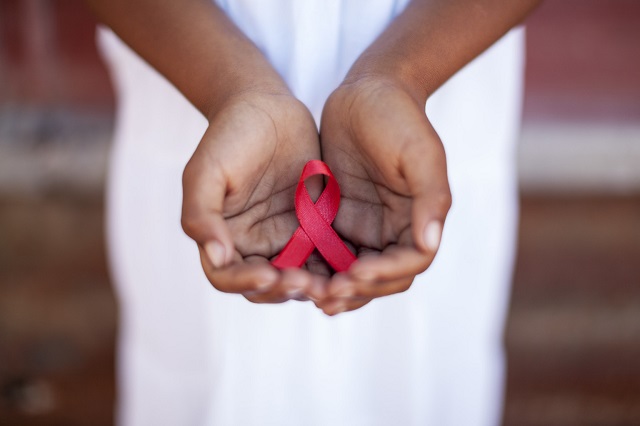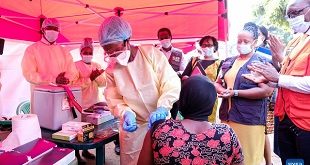
Kampala, Uganda | THE INDEPENDENT | The Joint United Nations Programme on HIV/AIDS (UNAIDS) has launched a new report in which countries are being urged to set new targets that will enable them end AIDS as a public health threat by 2030.
Titled, ‘Prevailing against pandemics by putting people at the centre’, the report notes the global AIDS response was off track before the COVID-19 pandemic hit and the rapid spread of the coronavirus has created additional setbacks.
Modelling by the organization of the pandemic’s long-term impact on the HIV response shows that there could be an estimated 123,000 to 293,000 additional new HIV infections and 69,000 to 148,000 additional AIDS-related deaths between 2020 and 2022.
“The collective failure to invest sufficiently in comprehensive, rights-based, people-centred HIV responses has come at a terrible price,” said Winnie Byanyima, Executive Director of UNAIDS in a statement shared alongside the report.
“Implementing just the most politically palatable programmes will not turn the tide against COVID-19 or end AIDS. To get the global response back on track will require putting people first and tackling the inequalities on which epidemics thrive.”
Byanyima says that to yield results, countries need to set targets that focus on a high coverage of HIV and reproductive and sexual health services together with the removal of punitive laws and policies and reducing stigma and discrimination.
However, UNAIDS had earlier set 90, 90, 90 targets for countries to have 90 percent of the people knowing their HIV status by 2020 and have 90 percent of those that test positive being enrolled on treatment in addition to having 90 percent of those on treatment virally suppressed.
In sub-Saharan Africa, it is only Botswana and Eswatini that have so far achieved those targets with many countries achieving one or two of the 90s.
Now UNAIDS wants HIV service delivery targets to aim at achieving 95% coverage for each sub-population of people living with and at increased risk of HIV in all countries by 2025.
According to the statement, the 2025 targets also require ensuring a conducive environment for an effective HIV response and include ambitious anti-discrimination targets so that less than 10% of countries have punitive laws and policies, less than 10% of people living with and affected by HIV experience stigma and discrimination and less than 10% experience gender inequality and violence.
******
URN
 The Independent Uganda: You get the Truth we Pay the Price
The Independent Uganda: You get the Truth we Pay the Price



